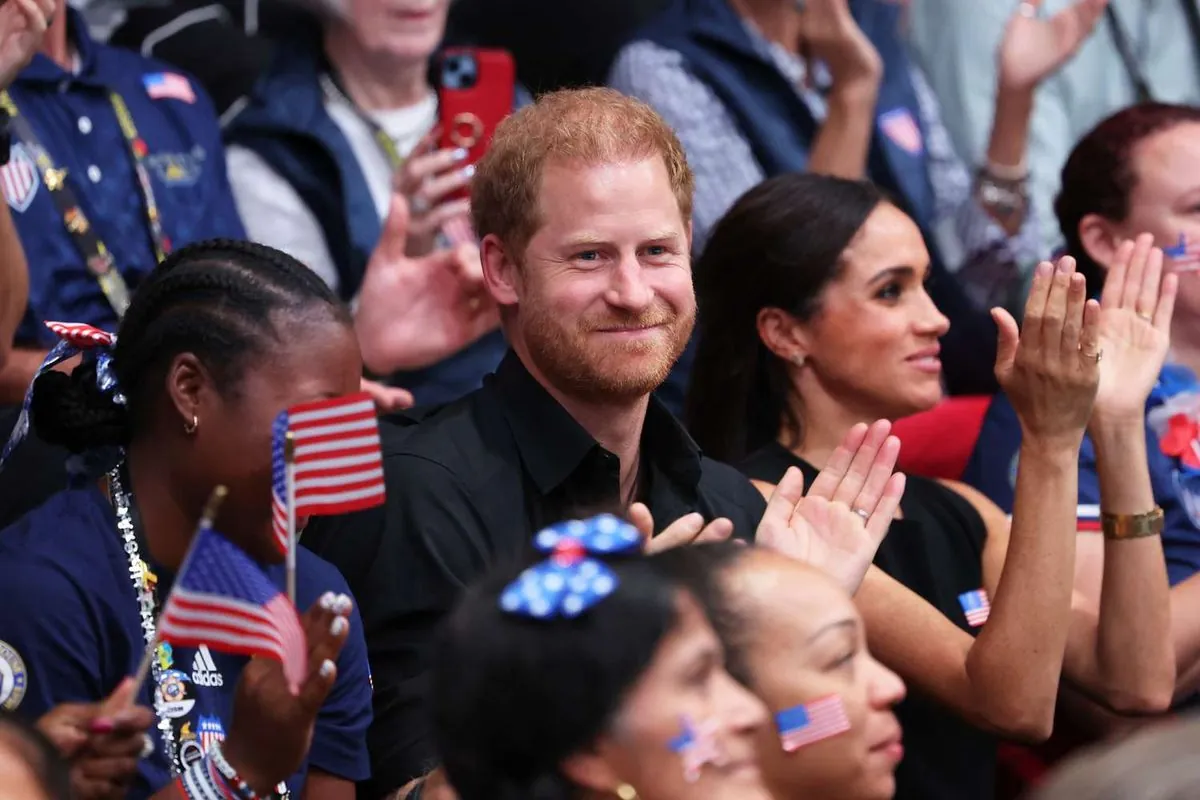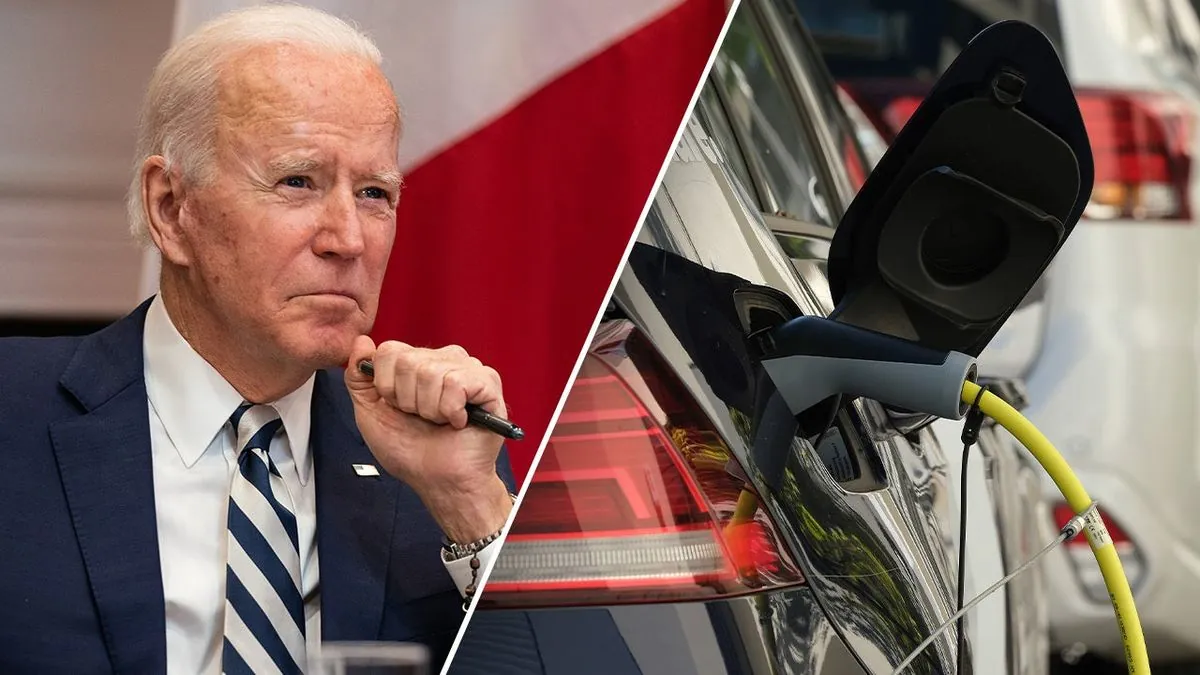US Judge Shields Prince Harry's Visa Details Despite Drug Admissions
A US judge has ruled to keep Prince Harry's visa application private, despite his public drug use admissions. The decision balances privacy rights against public interest in high-profile immigration cases.

A US federal judge has determined that Prince Harry's US visa application should remain confidential, despite the Duke of Sussex's public admissions of past drug use in his memoir. This ruling comes in response to a lawsuit filed by the Heritage Foundation, a conservative think tank, which sought disclosure of the prince's immigration records.
US District Judge Carl Nichols stated in his ruling that "the public does not have a strong interest in disclosure of the duke's immigration records." He emphasized that Prince Harry, like any foreign national, maintains a "legitimate privacy interest in his immigration status."
The case stems from Harry's revelations in his bestselling memoir "Spare," where he discussed his experiences with cocaine, marijuana, and psychedelic mushrooms. These admissions prompted questions about the prince's eligibility for entry into the United States, as drug use can be grounds for inadmissibility under US immigration law.

The Heritage Foundation argued that the disclosure was of "immense public interest," citing the potential implications for the integrity of the US government's immigration processes. However, Judge Nichols concluded that the marginal public benefit of such disclosure was outweighed by Prince Harry's privacy interests.
"Much like health, financial, or employment information, a person's immigration information is private personal information."
This ruling highlights the complex balance between public interest and individual privacy rights, especially concerning high-profile figures. It's worth noting that Prince Harry's move to the US in 2020 has sparked numerous discussions about royal titles, citizenship, and the special relationship between the US and UK.
The decision could potentially set a precedent for similar cases involving prominent immigrants. It underscores the importance of privacy in immigration matters, even for public figures who have made certain personal details known.
Prince Harry, who served in the British Army for ten years and founded the Invictus Games, has been in the public eye since birth. His transition from senior royal to private citizen in the US has been marked by continued media attention and legal battles.
This case also brings attention to the role of the Freedom of Information Act (FOIA) in public access to government records and the limits of such access when it comes to personal information. The Department of Homeland Security, created in 2002, plays a crucial role in handling such sensitive immigration matters.
As this legal chapter closes, it remains to be seen how this ruling might influence future discussions on immigration policies, privacy laws, and the treatment of high-profile individuals in the US immigration system.


































